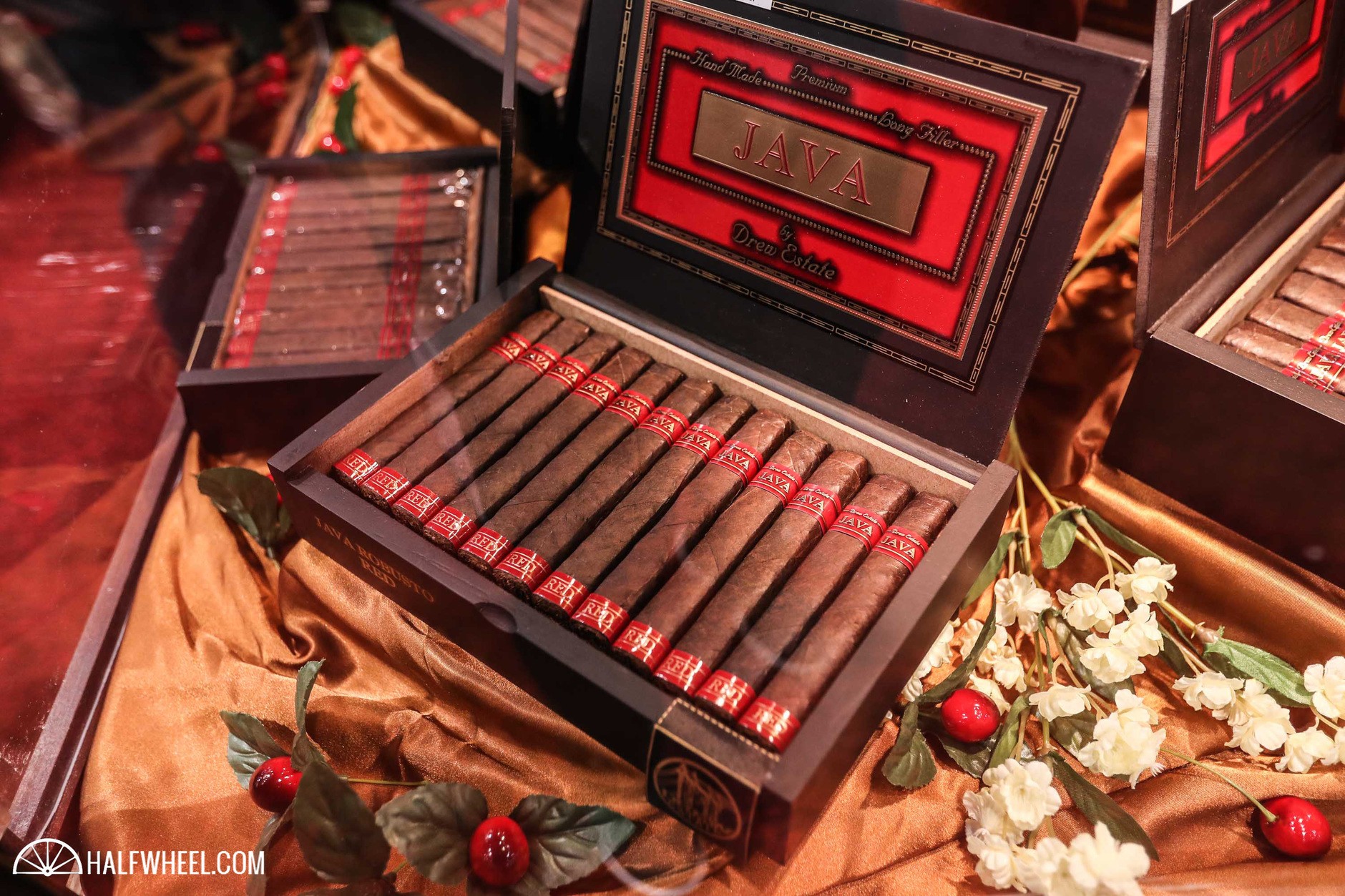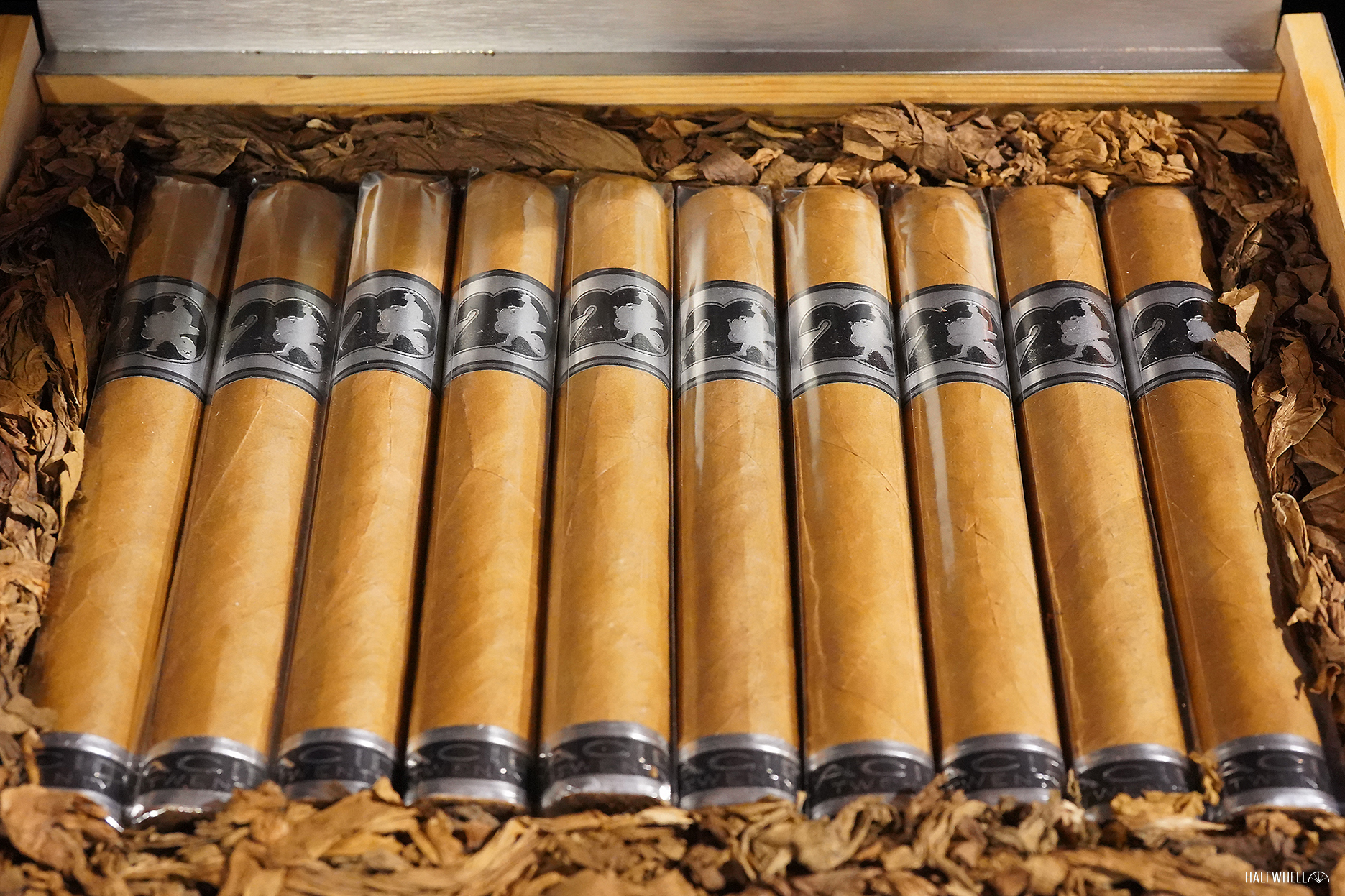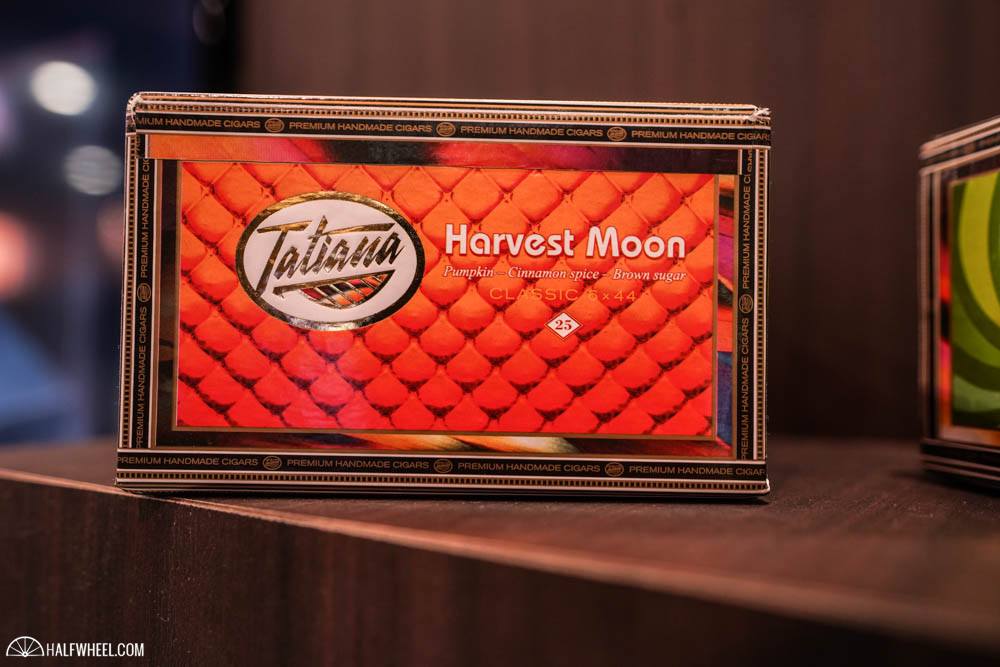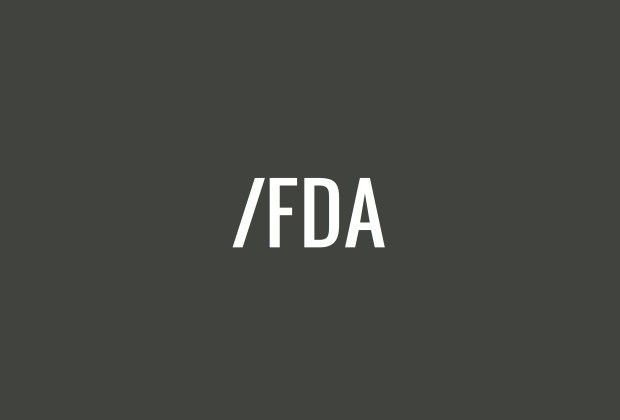Yesterday, the U.S. Food & Drug Administration followed through with its commitment to move closer towards bans on the sales of flavored cigars and menthol cigarettes. The moves were expected; a year ago, FDA said it would do this within a year.
What was announced yesterday does nothing to change the status quo. Flavored cigars remain legal and will remain legal for at least the next 15 months, but almost certainly much longer than that. Here’s an attempt at trying to do deal with some questions about the announcement.
1. WHAT DID FDA DO YESTERDAY?
It announced two separate proposed rules. The proposed part is key for reasons I’ll explain below.
One rule would ban the sale of menthol cigarettes in the U.S.
The other rule would ban the sale of flavored cigars—all flavored cigars other than those that have tobacco as a flavor—in the U.S.
There are some other minor parts of the proposed rules like changing how FDA would conduct retail enforcement, but the two rules are pretty straightforward. If a cigar has a flavor other than tobacco, FDA intends on banning its sale in the U.S.
Companies would not be able to import the cigars for sale in the U.S. or sell them to retailers and retailers would not be able to sell them to consumers. FDA itself isn’t proposing make it a crime for consumers to buy flavored cigars—and it certainly wants to make it clear it won’t be doing that with menthol cigarettes—but there aren’t any obvious loopholes that would still allow for flavored cigars to be sold to a consumer in the U.S. Furthermore, the rule covers all flavored cigars: large, small, made by hand, made by machine, sold at a gas station, sold at a cigar bar. FDA gives examples of what it might consider a characterizing flavor but does not name a static list of flavors, it seems clear the goal is anything that has a flavoring component other than “tobacco” is a target.
The key here though is that FDA just announced plans. This would be the “hey, we should hang out next weekend” text message and not say a formal dinner reservation or actually showing up to the restaurant. It’s the next step in a process that FDA has telegraphed for quite some time.
2. WHY DID IT ANNOUNCE THIS YESTERDAY?
On April 29, 2021—364 days ago from Thursday—FDA announced plans to announce these plans and said it would do it “within the next year.” Yesterday allowed the agency to meet a self-imposed timeline.
But FDA’s decision to make its announcement last April was not something it just decided to do out of the blue.
In 2013, over a dozen public health and anti-tobacco groups filed a citizen’s petition asking FDA to ban menthol cigarettes. FDA didn’t reply to the petition, so in 2020, one of those groups filed a federal lawsuit. Ultimately, the judge ruled against FDA and told the agency it needed to reply by a certain date, eventually April 29, 2021.

3. SO FLAVORED CIGARS ARE STILL LEGAL?
Yes.
Yesterday’s announcement changed nothing in the status quo. I would think of it as Step 3 in a seven or eight step process. For those wondering, I’d describe the next steps as: 4. the comment period, 5. formulate responses to the comments, 6. finalize and announce a final rule, 7. enact the final rule, 8. defend the final rule in court.
4. SO WHAT HAPPENS NEXT?
FDA will conduct a comment period between May 4-July 5, 2022 that will allow anyone—individuals, companies, organizations—to comment on the two proposed rules. The comment periods are federally-required and FDA is required to take the comments under consideration and respond to the comments.
Of note, FDA won’t need to respond to each and every comment individually, but it will need to respond to the comments in a broad sense. Those comments and FDA responses will be included in a final rule.
5. WHEN IS THE EARLIEST THAT FLAVORED CIGARS COULD BECOME ILLEGAL?
I suppose technically, July 2023?
In FDA’s proposed rule it indicates that it plans on creating a one-year compliance period, meaning if the final rule was announced on Jan. 1, 2023, flavored cigars would remain legal until Jan. 1, 2024.
Practically-speaking, FDA is not going to have a final rule announced this July. If FDA were to announce a final rule before the end of the year it would be a stunning acceleration of a timeline.

6. WILL THERE BE LAWSUITS?
Yes. The above timelines function exist with quite a bit of naivety of what will inevitably be multiple well-funded lawsuits over the two proposed rules.
Readers of this website can use the deeming regulations as some sort of guide to understand what could happen:
- May 2014 — Proposed Deeming Rule Announced
- May 2016 — Final Deeming Rule Announced
- Aug. 8, 2016 — Deeming Rule Goes Into Effect*
- April 28, 2022 — Parts of the final deeming rule that are still not in effect:
- Warning labels — invalidated by a lawsuit
- Premarket product approval submissions for “premium cigars” — not in effect due to pending litigation
*Because of the complexity of the deeming regulations, very few parts of the regulation actually became enforceable on Aug. 8, 2016. Within the final deeming regulations FDA established various deadlines for different parts of the rule, almost all of which were later delayed by either FDA or a court.
7. WHAT ARE THE CHANCES OF THE LAWSUITS STOPPING FDA?
I am not an attorney and I’m not sure that really matters. I don’t think anyone is qualified to answer this question right now given any number of variables starting with, we do not know the final rule. One key thing to pay attention to next is that FDA does not have complete control of any part of this process. Various parts of the White House—the White House Office of Information and Regulatory Affairs or the Office of Management and Budget—could force FDA to make changes.
What I will say is that I think these lawsuits will be much better funded than the premium cigar lawsuit that is still ongoing. That’s not to say the premium cigar lawsuit has been cheap, but this is just a different game.
Flavored cigars are important to the cigar business that I write about, but it’s much more important to the cigar business that I don’t usually write about. The mass market cigar industry that includes brands like Swisher Sweets, Phillies, Dutch Masters, Game, White Owl, etc. is monumentally larger than the premium cigar industry. Menthol cigarettes are literally big tobacco.
Companies like Rocky Patel, which I imagine generates a lot of revenue from its Java brand, are minuscule in comparison to Swisher, a privately-held company that makes billions—with a b and an s—of cigars per year and has arguably more to lose than any other company with yesterday’s announcements.
Furthermore, the retailers that will be affected by the proposed rule(s) are different depending on the types of cigars that are sold. National convenience store and gas station chains have a lot at stake with the proposed rule(s) and the number of those types of retailers dwarfs the number of stores selling Montecristos.
8. WHY IS FDA DOING THIS?
First, you must understand that FDA’s position on tobacco products is that they are all harmful. It has tepidly acknowledged that there could be some differentiation between how harmful one type of tobacco product might be compared to another, but FDA’s position is that they are all bad.
Realistically, FDA is not in a position to just ban all tobacco products. So instead, it has introduced various rules that have attempted to limit the number of tobacco products sold in the U.S. and how they are sold. It centers much of its attention around underage use of tobacco products.
In 2009, the Family Smoking Prevention and Tobacco Control Act—which created FDA’s Center for Tobacco Products and laid the groundwork for the deeming regulations—banned flavored cigarettes other than menthol cigarettes. And not banning menthols in 2009 was a contentious issue that still divides groups like the Congressional Black Caucus. The deeming regulations—and subsequent orders thereafter—went after e-cigarettes and vaping products with FDA’s most repeated argument in favor of those regulations being that there was a youth vaping problem in America. Yesterday’s announcement is just another step to get rid of flavored tobacco products in the U.S.
While FDA is an executive agency, it is still part of the political system. The political will to ban menthol cigarettes did not exist in 2009; now, the calculus has changed and it seems like FDA will face fewer hurdles than it did during its most recent attempt at trying to ban menthol.

9. HOW MANY CIGAR COMPANIES COULD BE AFFECTED BY THE BAN ON FLAVORED CIGARS?
Directly, more than you think.
Indirectly, pretty much everyone.
I think Arturo Fuente and Perdomo are likely the largest cigar companies that wouldn’t be directly affected. Here’s how I think eight of what are likely the 10 largest U.S. cigar companies would be affected.
- Altadis U.S.A./JR Cigar — Sells flavored products through Santa Clara/JR Cigar.
- Arturo Fuente — Does not make or sell flavored products to my knowledge.
- Ashton — Sells flavored cigars through Holt’s.
- Davidoff — Makes flavored cigars (Baccarat).
- Drew Estate — Sells flavored cigars.
- General Cigar Co./Cigars International — Sells flavored cigars through CAO and Macanudo; sells flavored products through Cigars International.
- J.C. Newman — Makes sweet tip cigars; sells flavored cigars through LM Cigars.
- Oliva — Makes flavored cigars.
- Perdomo — Does not make or sell flavored products to my knowledge.
- Rocky Patel — Sells flavored cigars (Java).
There are of course other companies that would be directly impacted in major ways like Miami Cigar & Co., Ted’s and others.
10. I DON’T SMOKE FLAVORED CIGARS, HOW WILL I BE IMPACTED?
There is the reality that everyone will be impacted because of the interconnected nature of cigar industry. I can’t think of a major company that grows 100 percent of the tobacco that it uses for its products. Because the major tobacco suppliers are selling to the whole industry, the loss of flavored cigars would mean a massive change to the supply chain, almost certainly eventually resulting in higher prices for tobacco products. And it’s not just tobacco. At every part of the process—from leaf sales, rolling operations, packaging, retail and distribution—almost every major player has a decent chunk of its business tied to flavored cigars.
In places like Estelí, Nicaragua—home to almost all of the country’s cigar manufacturing—the disruptions of just Drew Estate’s business would be enough to have massive impacts to a city whose economy is built on cigars.
There are very few retailers who sell Macanudo but don’t sell a flavored cigar. I’m not sure anyone has accurate data about this, but the number I commonly hear mentioned is that roughly 10 percent of a cigar shop’s sales can be traced to flavored cigars. Once again, I don’t think the data is more than anecdotal and it will vary from store to store, but the interconnected nature of the U.S. cigar market means that there will be indirect consequences for just about everyone and I don’t think they are going to be positive.
Lost sales will likely lead to lower profits which companies will try to make up for with higher prices, which will be passed on to you, the consumer. Once one part of the supply chain starts trying to make up volume with profit margin, those costs get passed to consumers.
11. IS THIS BECAUSE OF MARIJUANA?
If FDA announced a proposed ban on flavored cigars a decade ago, marijuana would have been mentioned. There are just two mentions of the word “marijuana” in the 187-page proposed rule regarding flavored cigars, it’s the title—mentioned twice—of a single footnote that is used to argue that tobacco industry has focused on marketing to vulnerable populations. Marijuana is effectively not mentioned.
Marijuana is still a federally illegal substance, so it’s not like FDA has much need to introduce new rules for marijuana. However, it’s fascinating to think about how the arguments around banning flavored cigars have changed. Even five years ago, I would have expected many references to kids rolling blunts with mass market flavored cigars.
12. WILL THIS HAVE ANY EFFECT ON FLAVORED PIPE TOBACCO OR HOOKAH?
No.
13. LAST YEAR, YOU WROTE THAT THERE WAS A CHANCE THAT LARGE FLAVORED CIGARS COULD BE EXEMPT. WHAT HAPPENED?
From both what I’ve been told privately and what FDA has said publicly, I think it is likely that some flavored cigars will be allowed under the future rules. At the very least, it’s quite clear that FDA doesn’t feel comfortable saying that all flavored cigars will be banned. Throughout FDA’s announcement, there is the peculiar language used to define the cigars FDA wants to ban.
At the time, I was told by a source that there was some thinking from the White House about a differentiation between mass market flavored cigars like Swisher Sweets and larger handmade cigars like Java. To be clear, that likely means someone or someones who work for the White House, not the president of the United States.
This was backed up by some carefully crafted phrasing from FDA that focused on mass market and cigarillos and generally avoided phrases like “all flavored cigars.”
Obviously, FDA’s proposed rule does not have that carve out. I’m not surprised by this; in general, I default to FDA is going to try to regulate more tobacco products than fewer. I suspect that FDA will face court challenges about this decision and it will be curious to see how that goes. It’s disappointing for the industry, but it’s neither unexpected nor the end of the line for the process.


